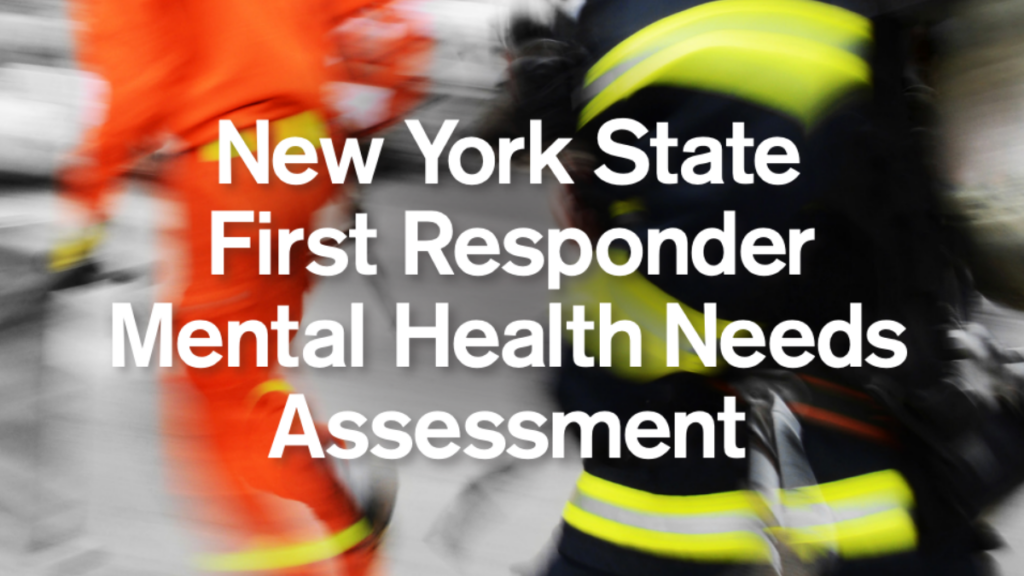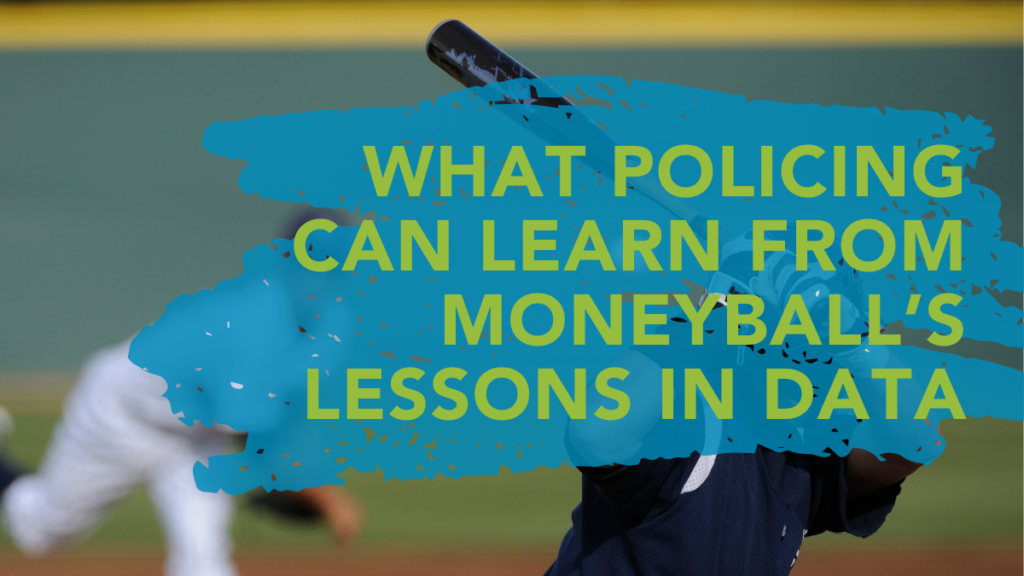Why Officer Resilience Matters
Posted
February 4, 2025
Share:
Police officers encounter challenges unlike most professions. They face intense physical danger, frequent exposure to trauma, and the ongoing stress of working within rigid organizational structures. Over time, these factors can erode mental health, impact job performance, and contribute to destructive coping behaviors. Yet, why do some officers seem to “bounce back” while others struggle under the weight of these pressures?
The answer lies in resilience—a dynamic, multidimensional process involving individual traits and external support systems that work together to maintain and bolster well-being. Contrary to popular belief, resilience isn’t an innate personality trait, nor does it make someone immune to stress or trauma. It is an ongoing process that evolves over time through conscious efforts and strategic systems of support. Building resilience is vital for both individual officers and the departments they serve.
Defining Resilience
Resilience is often described as the ability to adapt positively and maintain mental health in the face of adversity. While researchers and psychologists differ slightly in their definitions, three interconnected elements are widely agreed upon as the foundation for resilience:
- Individual Coping Capacity and Perspective – Resilience begins at the individual level. Factors such as self-esteem, emotional regulation, and self-efficacy—a person’s belief in their ability to take actions toward their goals—are critical. Officers who can effectively manage their stress responses and remain open to personal and professional growth tend to demonstrate higher resilience.
- Social Support Systems – No one can endure life’s challenges alone. Reliable social connections—whether through family, professional networks, peer-support groups, or faith communities—provide essential emotional, spiritual, financial, and physical nourishment. For officers, strong social ties mean having people to turn to, ensuring a sense of belonging during difficult times.
- Adaptable Coping Strategies – Coping strategies are tools used to manage stress and negative emotions. Healthy coping mechanisms—like exercise, mindfulness, or professional counseling—help officers process trauma constructively. Conversely, maladaptive strategies, such as excessive drinking or isolation, can undermine resilience, harming both the officer and their relationships.
Resilience and Officer Wellness
Law enforcement professionals face unique occupational stressors. Beyond the dangers of patrol, officers contend with cumulative trauma, emotionally charged community interactions, court demands, and strained public trust. Resilience isn’t just about personal endurance—it’s needed to maintain a high level of professionalism and judgment in every interaction.
Additionally, physical resilience often overlaps with mental fortitude. Regular exercise, sufficient sleep, and a balanced schedule are critical for managing job stress and maintaining stamina. While long shifts and overtime schedules are often unavoidable, efforts to prioritize physical wellness have been shown to reduce anxiety and protect against burnout. Research-based wellness platforms that track fatigue and provide tailored wellness plans can be an important resource for agencies addressing these challenges.
Building resilience isn’t merely an abstract ideal—it’s a practical necessity. Effective strategies for resilience align theory with actionable programming. Drawing from decades of research, First Sign® Precision Wellness offers an innovative, data-informed approach specifically tailored to the law enforcement profession. Here’s how:
Bridging the Gap Between Theory and Practice
Proactive Identification of Officers in Need
Resilience begins with identifying individuals who are at risk. Many officers hesitate to seek help due to stigma or cultural pressures. First Sign uses advanced data analytics to assess behavioral patterns and evaluate data such as traumatic event anniversaries and cumulative fatigue. This ensures that no one “falls through the cracks.”
Building Tailored Wellness Plans
Once officers needing support are identified, personalized wellness plans are created. These plans are developed and implemented in collaboration with trauma-informed clinicians who provide 24/7 support. Supervisors are equipped with guided check-in tutorials and tailored scripts to foster meaningful, open conversations. These tools help bridge trust gaps between officers and leadership.
Delivering Proven Resilience-Building Interventions
Providing effective interventions is essential for long-term resilience. Through the Benchmark Wellness Academy™, officers can access research-backed tools developed in collaboration with academic leaders like Washington State University. These interventions have been shown to improve sleep quality, reduce PTSD symptoms, and alleviate feelings of anxiety and depression—all demonstrated through rigorous randomized control trials.
Furthermore, culturally competent mental health professionals are available around the clock, offering scheduled counseling sessions and crisis support unique to the challenges of policing.
Leading Cultural Transformation
Building resilience in law enforcement extends beyond individual officers—it requires a cultural shift within departments. Leaders must foster a supportive environment where seeking wellness resources is normalized instead of stigmatized. Research shows that departments with established peer-support programs and robust connections within their law enforcement community tend to cultivate healthier, more resilient officers.
Department heads also play a pivotal role in systems change. By demonstrating a personal commitment to wellness programs and embedding resilience into the core organizational values, leaders set the tone for a healthier culture. This includes advocating for evidence-based wellness programs, instituting recommended scheduling changes to combat fatigue, and reinforcing respect and camaraderie among peers.
A Path Forward
The challenges facing law enforcement today may be evolving, but resilience remains the critical ingredient for overcoming them. With the comprehensive tools offered by First Sign Precision Wellness, agencies can ensure their officers are both prepared and supported—mentally, physically, and emotionally. By leveraging advanced analytics and trauma-informed best practices, this system goes beyond surface-level wellness programs to create meaningful, long-lasting results.
Resilience is not a static state but an ongoing process of growth, learning, and adaptation. By prioritizing wellness and enacting evidence-based strategies, law enforcement agencies can equip their officers with the skills and support needed to meet the demands of modern policing head-on.
Learn more about building resilience and officer wellness with First Sign Precision Wellness. Explore our research-driven solutions today.
Related Posts
Ready to Experience the Benchmark Difference?
Benchmark Analytics and its powerful suite of solutions can help you turn your agency’s challenges into opportunities. Get in touch with our expert team today.



